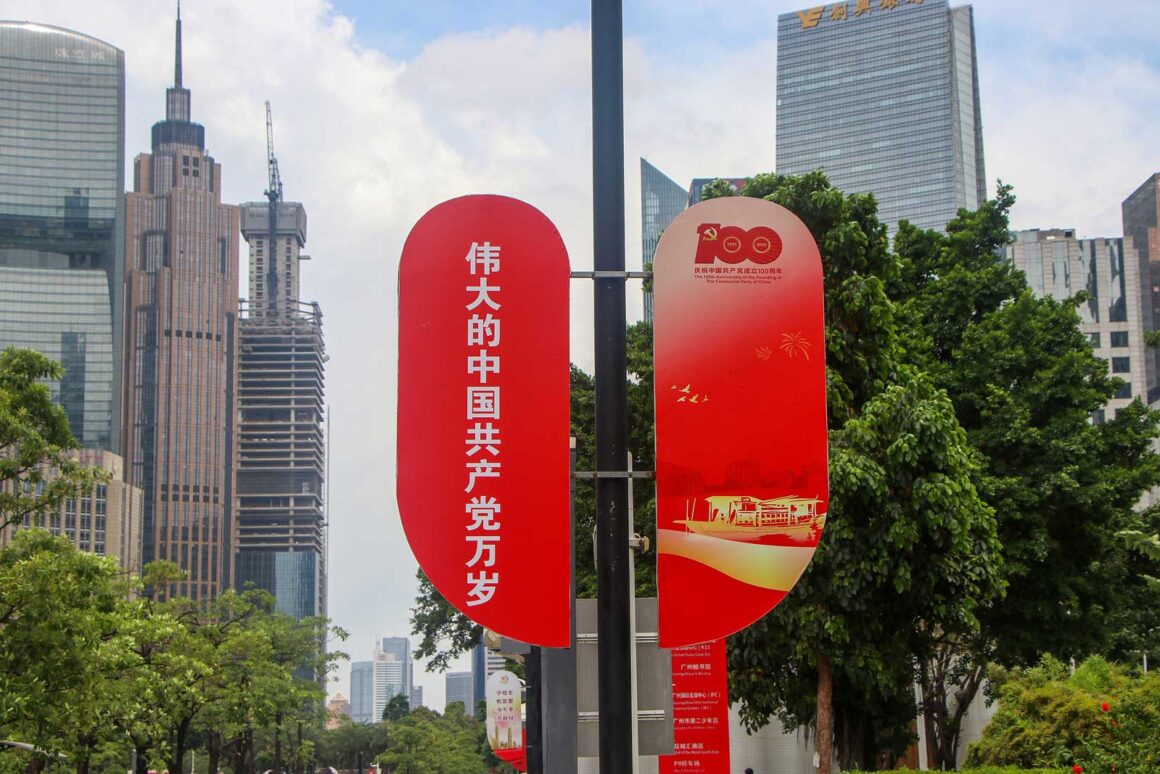

CHINA’S CONSTRUCTION industry, a key lever in Beijing’s entire economic policy, is facing a debt crisis of enormous proportions. Attention has focused on Evergrande, a development company, whose total debts are estimated at $310 billion and which failed to pay some $96 million interest on foreign bonds in September.
Just three days before being declared in default the company scraped together one of those payments but its longer term prospects remain in doubt.
Evergrande is not alone. According to Morgan Stanley, China’s property sector, which accounts for some 30 percent of GDP, has debts of $2.8 trillion. Nonetheless the implications of Evergrande’s possible collapse go deeper than even these figures suggest.
Cause of the crisis
Ever since the dismantling of central planning in the mid-1990s government policy has been to stimulate growth through state backed finance. City and provincial authorities were encouraged to sell land to developers like Evergrande and this stimulated growth in a whole range of associated industries, most immediately steel, cement, copper and engineering. This in turn led to growth in transport, port facilities, railways and, of course, consumer industries for the hundreds of millions who poured into the new cities.
Especially after the financial crisis of 2008/9, property development explained China’s ability not only to grow but to pull many other countries, such as Australia and Brazil, out of recession. Hui Ka Yan, who set up Evergrande in 1996, became one of the richest men in China; in 2015 his wealth was estimated at $45 billion. He even accompanied Xi Jinping to London, where he was entertained by Prince Andrew at Buckingham Palace—although perhaps he would keep quiet about that now.
Ironically it was also in 2015 that the problem with this development strategy first became apparent. In response to a collapse of the Shanghai stock market, the government froze all activity. This re-established stability quite quickly but, after that, more restrictive rules were introduced to limit the growth of debts, particularly through state banks.
This had an immediate impact on the property developers’ business model. Hui, and others like him, began to raise capital by selling ‘off the plan’, that is, selling properties before they were built. According to the French bank, Natixis, such funding now accounts for 54 per cent of property development.
Beijing’s new turn
In July last year the government further tightened controls on corporate debt. Fourteen of China’s 30 biggest property developers have breached at least one of the government’s ‘red lines’ in recent months, indicating that the whole sector is on the brink of crisis. There are currently some 30 million empty flats in China but, at the same time, properties paid for in advance have not been built. Evergrande is responsible for 1.6 million of these unfinished properties.
Interviewed by the Financial Times, Jim Chanos, an analyst who predicted the collapse of Enron, observed that this is ‘symptomatic of the whole economic model and the debt that’s behind [it]. All the developers look like this. The whole Chinese property market is on stilts.’
Here lies the dilemma for the Beijing government; almost a third of the domestic economy is not financially viable. This is not a question of whether to hang Hui Ka Yan out to dry; it is about entire industries, trillions of dollars’ worth of assets and 1.6 million families who thought that they had bought a home.
‘Rebalancing’ the economy
While emergency measures may limit the immediate fall-out from any collapse of Evergrande, they cannot save the whole property development sector. Certainly many creditors are going to have to ‘take a haircut’ by accepting only a percentage of their due repayments. Foreign investors will be unlikely to extend further credits to Chinese developers.
Many economists have called for a shift of policy towards domestic consumption to ‘rebalance’ the economy. Xi’s controls suggest that this is now the government’s priority. However, there are many vested interests that will oppose this shift. That poses a fundamental problem for the whole political regime.
Party discipline is no doubt a powerful factor, and repression can also be very effective, but the property crash and a major change of economic policy must have consequences within the party. It cannot be otherwise, because the party itself has encouraged ‘businessmen’ to join and, after 30 years of building capitalism, many state officials, the backbone of the party, are themselves locked into further capitalist development.
It is these tensions and contradictions that lie behind the increasingly authoritarian regime in China: the enhanced population control through surveillance programmes, the genocidal repression of the Uighurs of Xinjiang, the exaggerated crackdown on democratic rights in Hong Kong, the belligerent assertion that Taiwan must return to Chinese sovereignty. These are not explained by the personal psychology of Xi Jinping, as they are often presented—they are instead preparation for stormy times ahead.